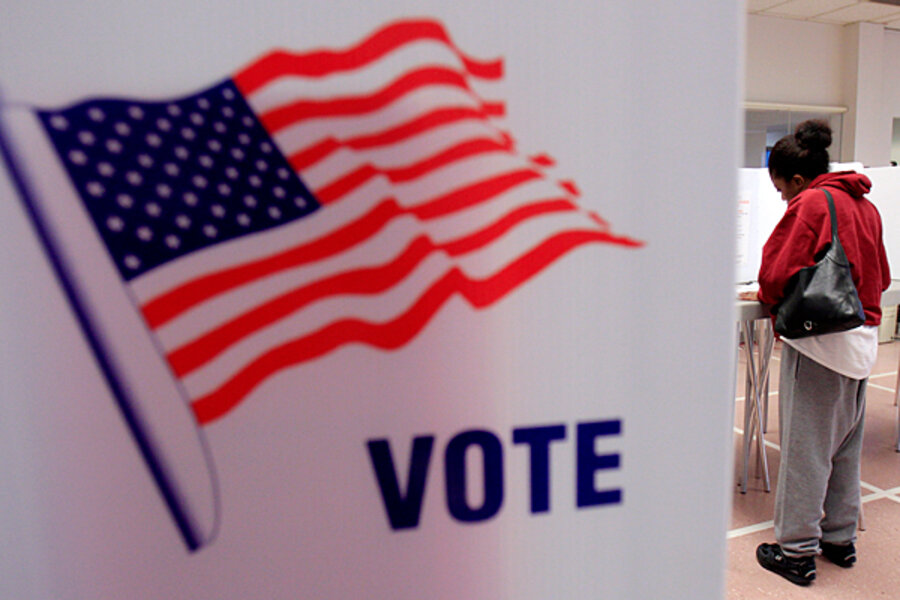At first glance The Wall Street Journal's State of the Race map looks a lot like the Times' map, but it is the filters that set this map apart. Readers can view the country by state, or by county, and then view data on a number of issues sure to impact this year's election.
Click through a range of unemployment rates to see which states have the highest or lowest rates of unemployment, click on per-capita income to see where the big earners live, or mortgage delinquency to see which states were able to weather the mortgage crisis.
The filters become even more interesting, and arguably more valuable, when paired with each states' political leaning. Readers can easily see which states were most impacted in the financial crisis, and which way they are likely to vote.
An especially interesting feature at the county level is the Wall Street Journal's "Community Type" labels. Clicking through categories like "Monied Burbs," "Minority Central," "Service-Worker Centers," and "Emptying Nests," allows you to quickly see what type of Americans live where, and how they're likely to vote.








